US and China reach a ceasefire in their trade war after talks in London
The US and China's trading relationship – the most important one in the global economy – is back on track. Will the truce last?

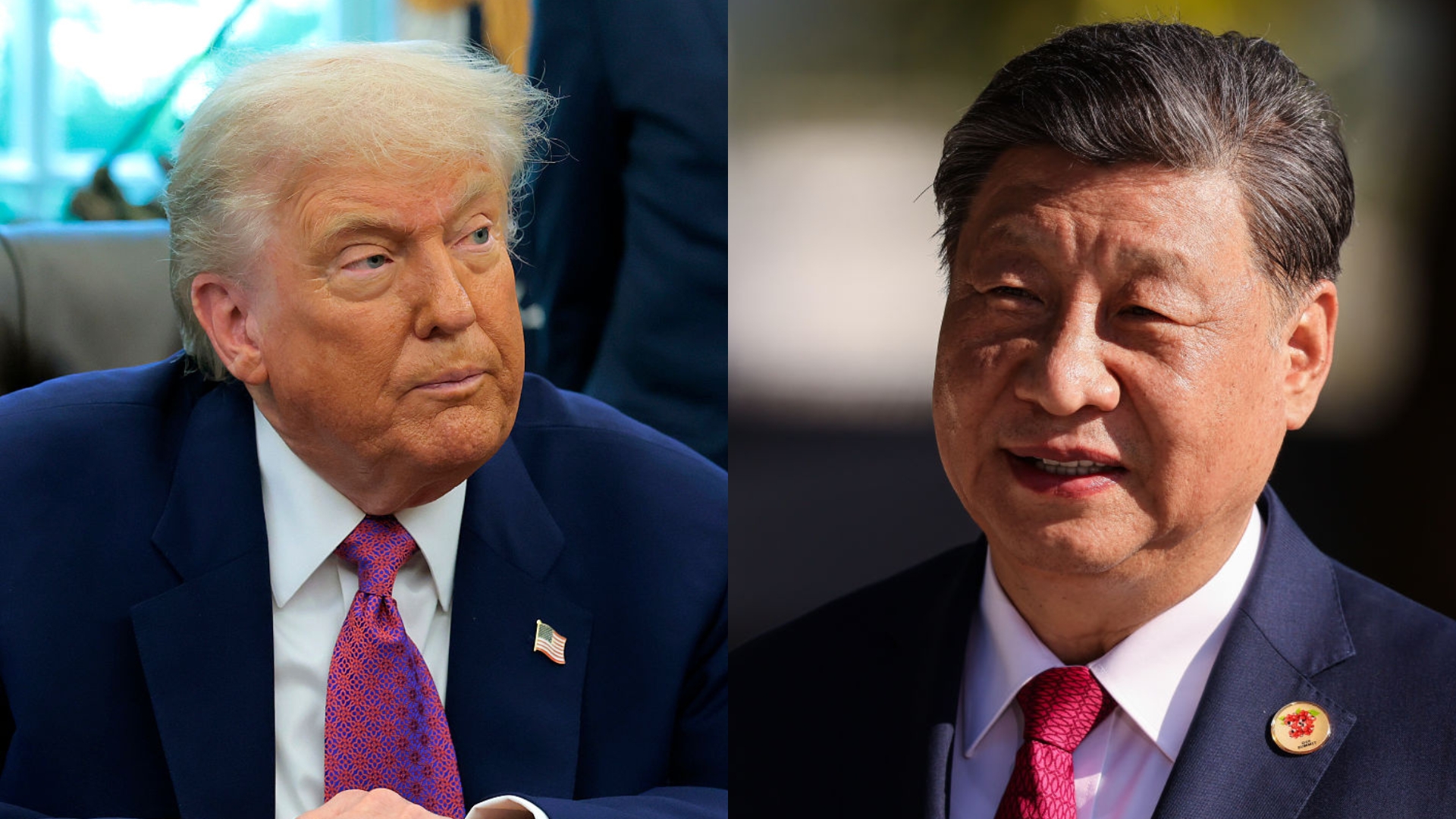
Get the latest financial news, insights and expert analysis from our award-winning MoneyWeek team, to help you understand what really matters when it comes to your finances.
You are now subscribed
Your newsletter sign-up was successful
Want to add more newsletters?

Twice daily
MoneyWeek
Get the latest financial news, insights and expert analysis from our award-winning MoneyWeek team, to help you understand what really matters when it comes to your finances.

Four times a week
Look After My Bills
Sign up to our free money-saving newsletter, filled with the latest news and expert advice to help you find the best tips and deals for managing your bills. Start saving today!
After two days of marathon talks in London, the US and China have agreed to “roll back” some of the “punitive measures” they had taken and restore the trade truce agreed in May, says Alan Rappeport in The New York Times. The meetings followed a reportedly friendly call between Donald Trump and Xi Jinping last week. Negotiators, led by US Treasury secretary Scott Bessent and Chinese vice-premier He Lifeng, are expected to seek final approval for the “framework agreement” from both leaders; assuming they approve, it will take immediate effect.
Although the two countries reached a 90-day tariff truce in Geneva on 12 May, “deep and fundamental differences remain” – including disputes over “currency manipulation, export subsidies and other non-tariff barriers”, says Linggong Kong in The Conversation. The Geneva deal came under pressure after Washington accused Beijing of “dragging its feet” on an agreement to speed up the export of rare-earths, while Beijing accused the US of being the first to break the agreement by rolling out a wave of fresh measures, including new restrictions on the sale of AI chips and chip-design software to Chinese companies, and cancelling visas for Chinese students. The day after the agreement, Trump also issued an order banning US firms from using Huawei AI chips.
A win-win for both US and China
From China’s perspective, it returned to trade talks with a “strong hand”, says Katrina Northrop in The Washington Post. Its “geopolitical ace card” is its control over much-needed rare-earths, which are critical components in products as varied as cars, fighter jets, iPhones and medical machines. China accounts for 70% of global rare-earth mining and more than 90% of the processing. Yet “for all its bravado”, Beijing doesn’t actually “hold all the cards”.
MoneyWeek
Subscribe to MoneyWeek today and get your first six magazine issues absolutely FREE

Sign up to Money Morning
Don't miss the latest investment and personal finances news, market analysis, plus money-saving tips with our free twice-daily newsletter
Don't miss the latest investment and personal finances news, market analysis, plus money-saving tips with our free twice-daily newsletter
Economic growth remains weak; it was grappling with a property crisis even before any trade frictions, and exports to the US have declined by a “precipitous 34%” (although this has been offset by increased sales to Europe and Southeast Asia).
China is vulnerable to controls on high-tech exports from the US, particularly cutting-edge semiconductors, which it has not been able to produce domestically, hindering its ambitions to become an AI leader. The US also supplies China with more than 99% of a key export, ethane, and could apply pressure by “stepping up sales of arms to Taiwan”, says Bloomberg.
Nonetheless, the truce is good news, says Matthew Lynn in The Spectator. The “most important single trading relationship in the global economy is starting to get back on track”. But time is short. Trump has only “suspended the tariffs until August” so a “broader agreement” will need to be reached by then. China will almost certainly have to make some “big concessions”, including allowing the US tech giants (Meta, Netflix, et al.) full access to its domestic market, and boosting domestic consumption in order to reduce its trade surplus with the US. In return, Trump could lower tariffs permanently, allowing China to maintain the “export-led growth model that has transformed its economy over the last 30 years” and keep expanding into tech-based industries traditionally dominated by the West. Such a deal “won’t necessarily happen”. However, if it did, it would be a “win-win for both sides” and provide a “huge boost” to the global economy.
This article was first published in MoneyWeek's magazine. Enjoy exclusive early access to news, opinion and analysis from our team of financial experts with a MoneyWeek subscription.
Get the latest financial news, insights and expert analysis from our award-winning MoneyWeek team, to help you understand what really matters when it comes to your finances.

Emily has worked as a journalist for more than thirty years and was formerly Assistant Editor of MoneyWeek, which she helped launch in 2000. Prior to this, she was Deputy Features Editor of The Times and a Commissioning Editor for The Independent on Sunday and The Daily Telegraph. She has written for most of the national newspapers including The Times, the Daily and Sunday Telegraph, The Evening Standard and The Daily Mail, She interviewed celebrities weekly for The Sunday Telegraph and wrote a regular column for The Evening Standard. As Political Editor of MoneyWeek, Emily has covered subjects from Brexit to the Gaza war.
Aside from her writing, Emily trained as Nutritional Therapist following her son's diagnosis with Type 1 diabetes in 2011 and now works as a practitioner for Nature Doc, offering one-to-one consultations and running workshops in Oxfordshire.
-
 Should you buy an active ETF?
Should you buy an active ETF?ETFs are often mischaracterised as passive products, but they can be a convenient way to add active management to your portfolio
-
 Power up your pension before 5 April – easy ways to save before the tax year end
Power up your pension before 5 April – easy ways to save before the tax year endWith the end of the tax year looming, pension savers currently have a window to review and maximise what’s going into their retirement funds – we look at how
-
 How Canada's Mark Carney is taking on Donald Trump
How Canada's Mark Carney is taking on Donald TrumpCanada has been in Donald Trump’s crosshairs ever since he took power and, under PM Mark Carney, is seeking strategies to cope and thrive. How’s he doing?
-
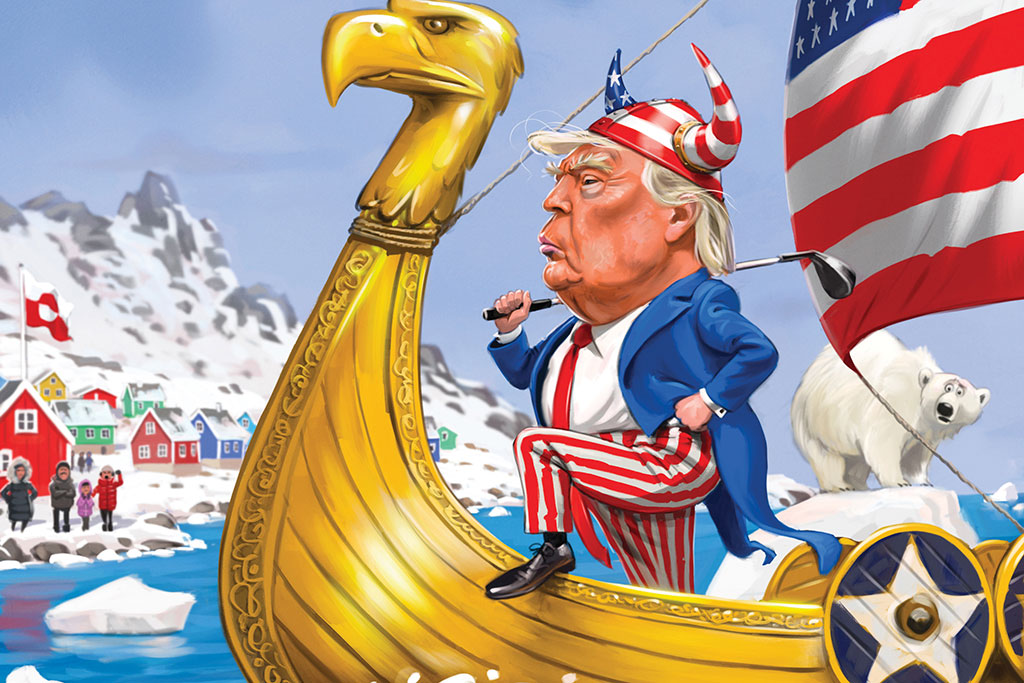 Why does Trump want Greenland?
Why does Trump want Greenland?The US wants to annex Greenland as it increasingly sees the world in terms of 19th-century Great Power politics and wants to secure crucial national interests
-
 'Investors should brace for Trump’s great inflation'
'Investors should brace for Trump’s great inflation'Opinion Donald Trump's actions against Federal Reserve chair Jerome Powell will likely stoke rising prices. Investors should prepare for the worst, says Matthew Lynn
-
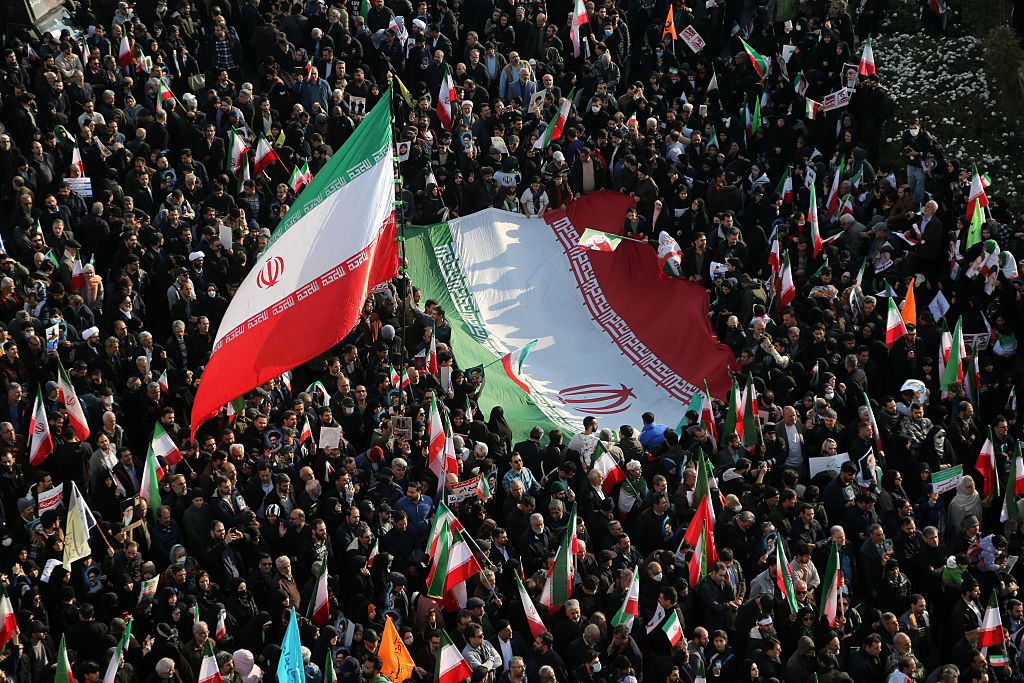 The state of Iran’s collapsing economy – and why people are protesting
The state of Iran’s collapsing economy – and why people are protestingIran has long been mired in an economic crisis that is part of a wider systemic failure. Do the protests show a way out?
-
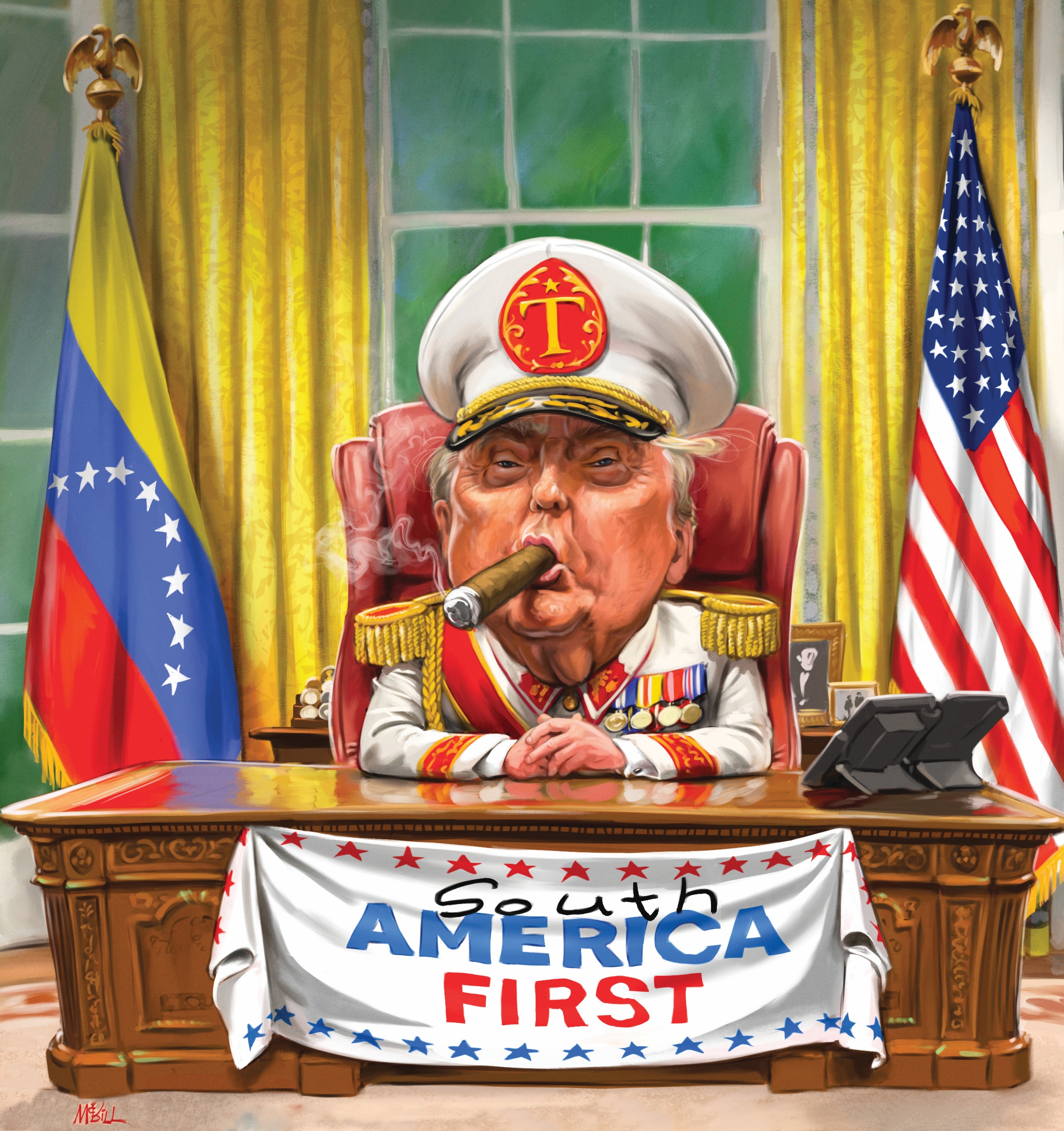 Why does Donald Trump want Venezuela's oil?
Why does Donald Trump want Venezuela's oil?The US has seized control of Venezuelan oil. Why and to what end?
-
 Market predictions for 2026: Will Dubai introduce an income tax?
Market predictions for 2026: Will Dubai introduce an income tax?Opinion My 2026 predictions, from a supermarket merger to Dubai introducing an income tax and Britain’s journey back to the 1970s
-
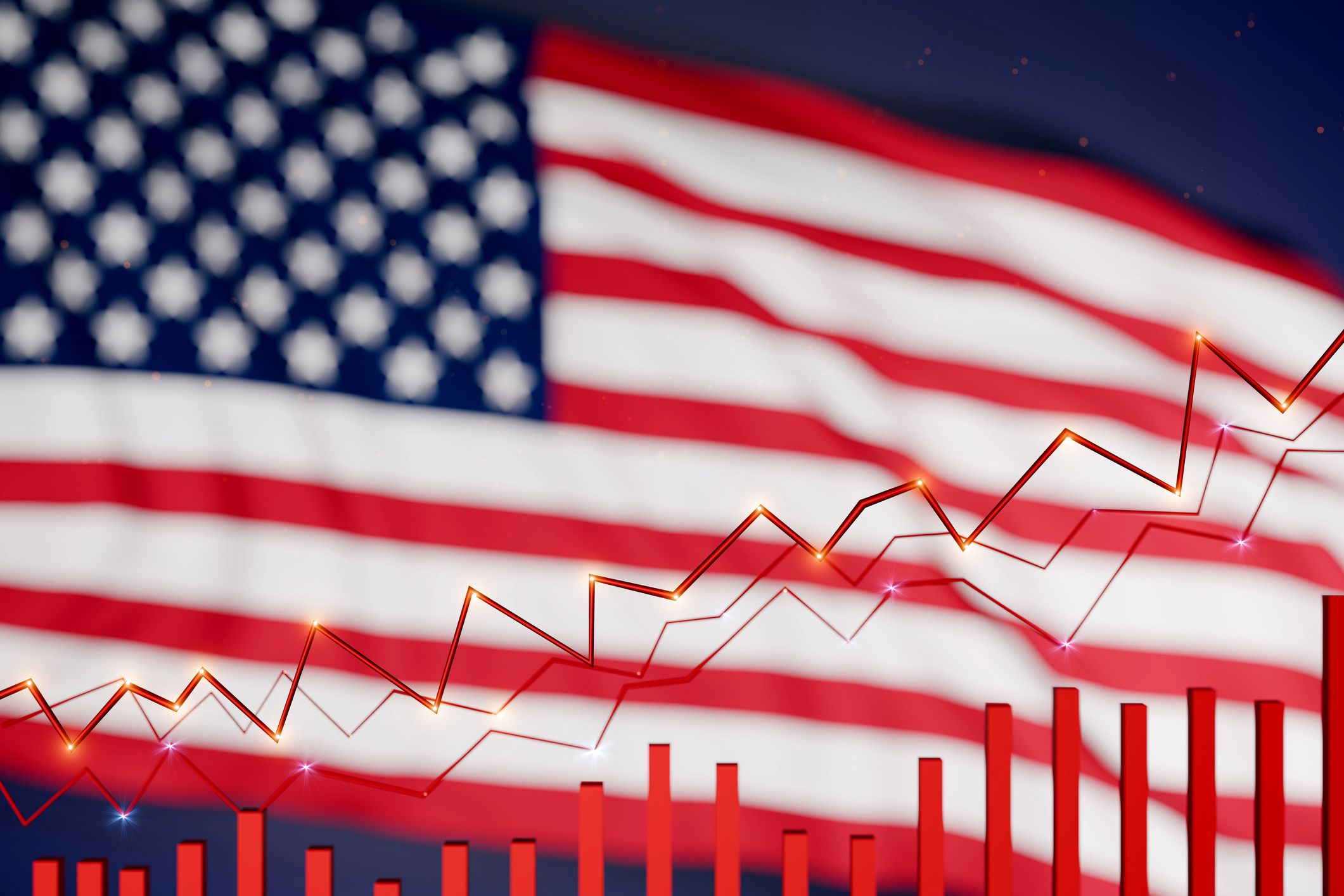 Stock markets have a mountain to climb: opt for resilience, growth and value
Stock markets have a mountain to climb: opt for resilience, growth and valueOpinion Julian Wheeler, partner and US equity specialist, Shard Capital, highlights three US stocks where he would put his money
-
 A change in leadership: Is US stock market exceptionalism over?
A change in leadership: Is US stock market exceptionalism over?US stocks trailed the rest of the world in 2025. Is this a sign that a long-overdue shift is underway?